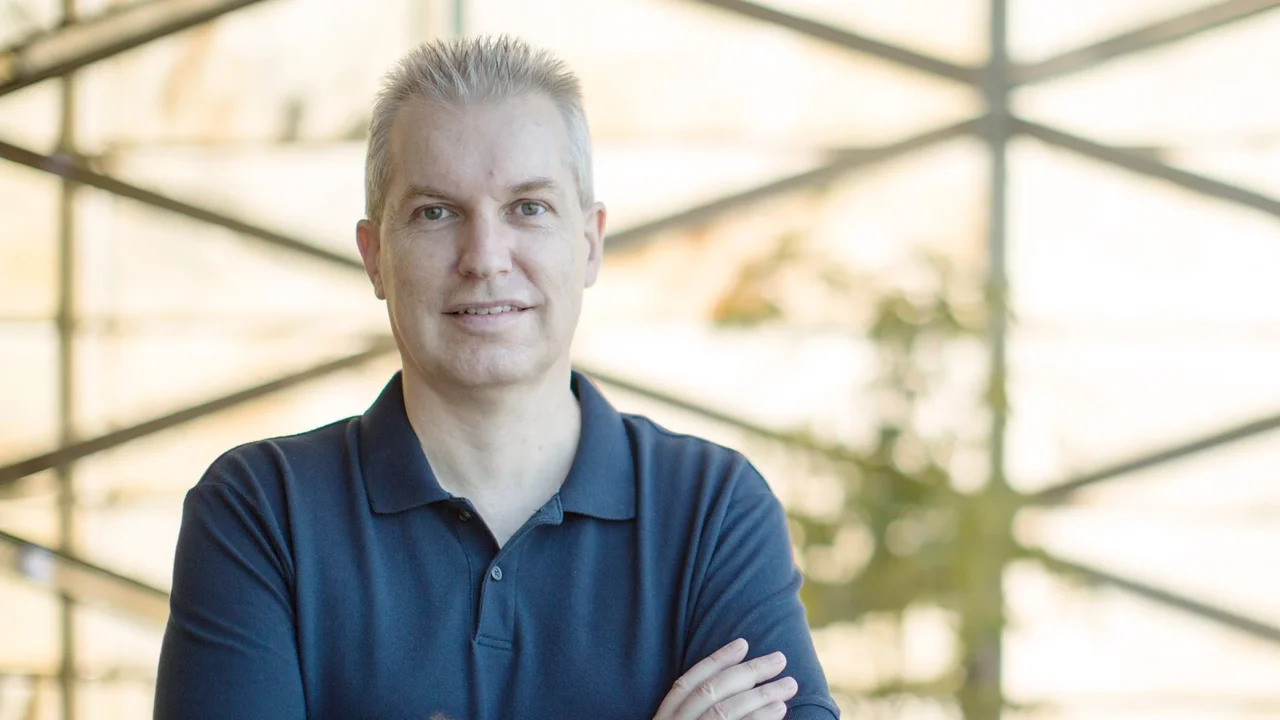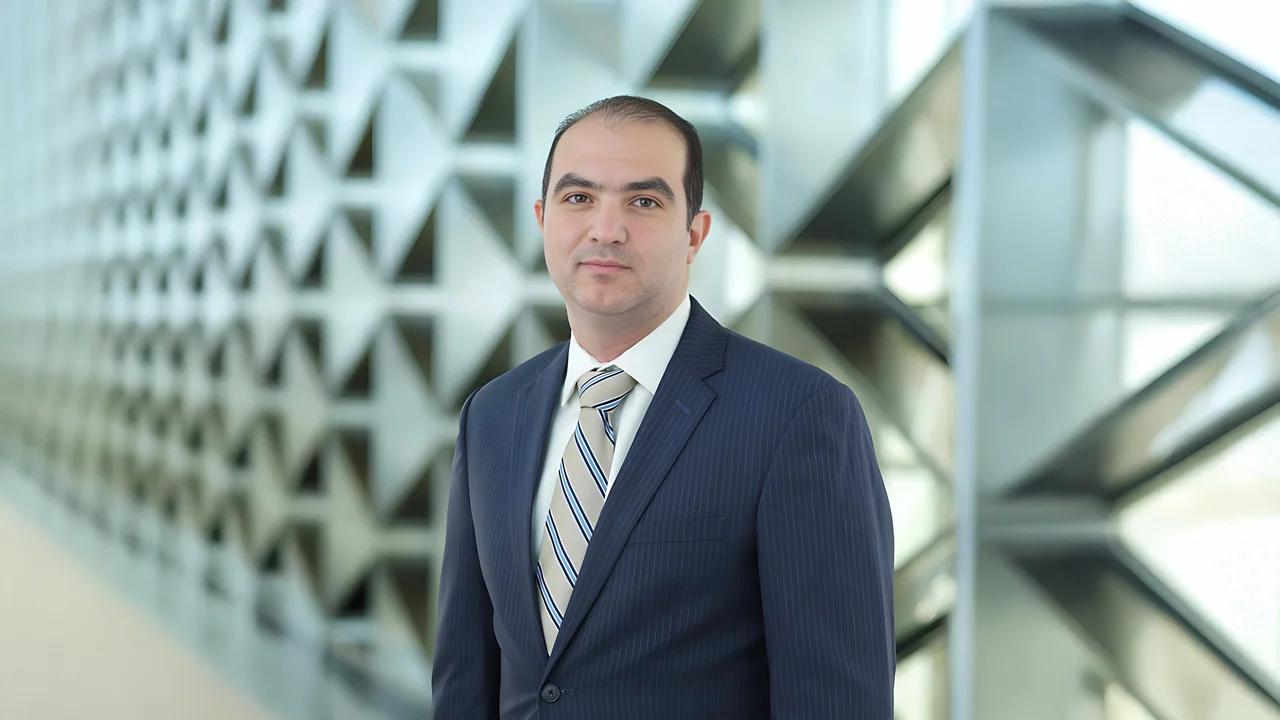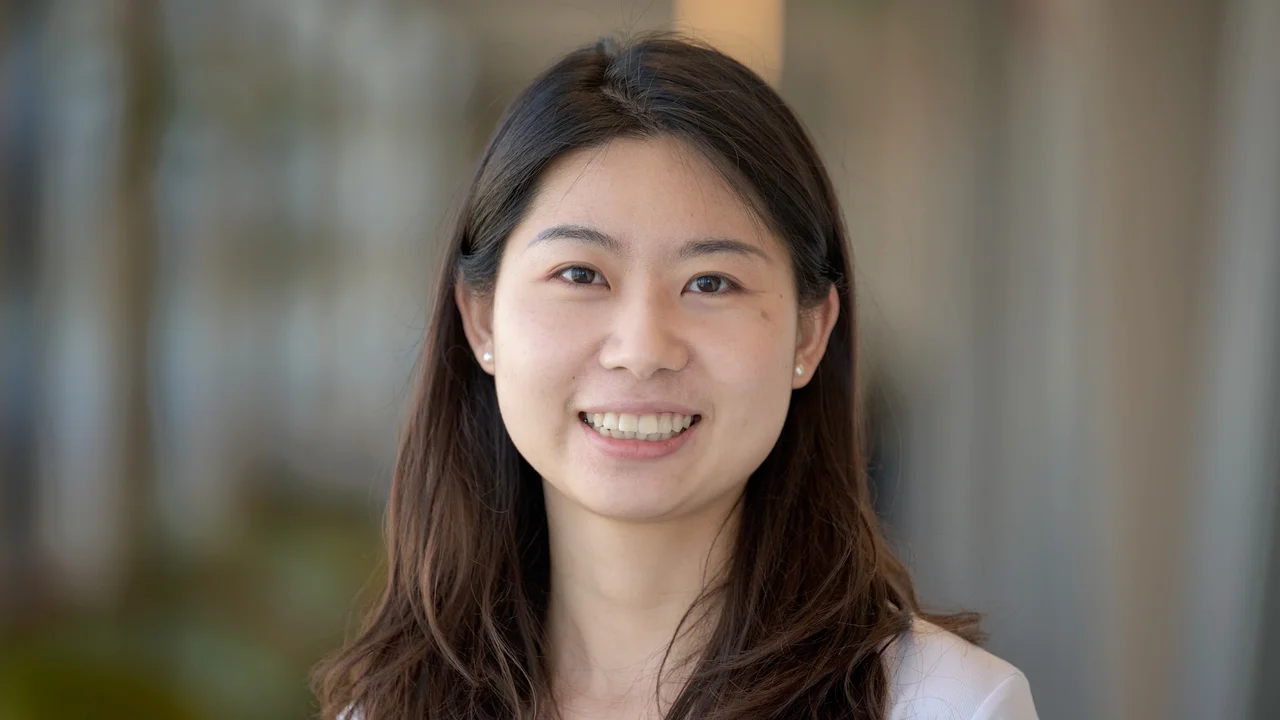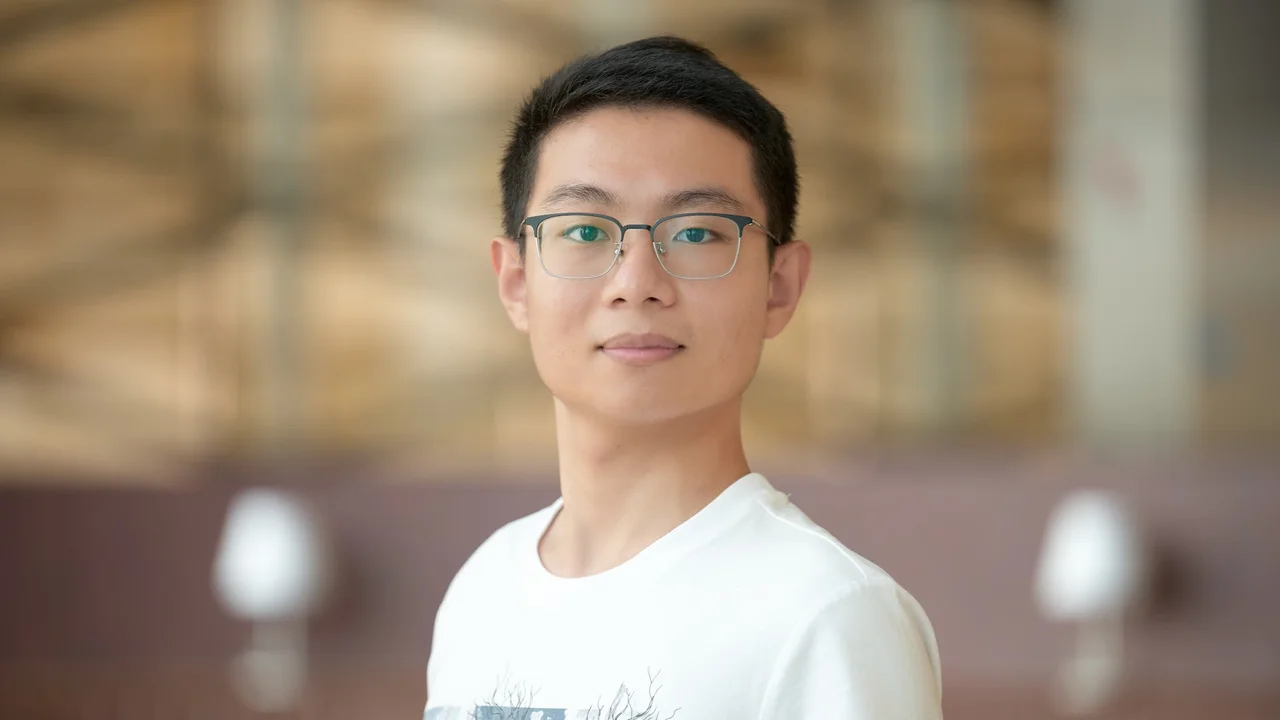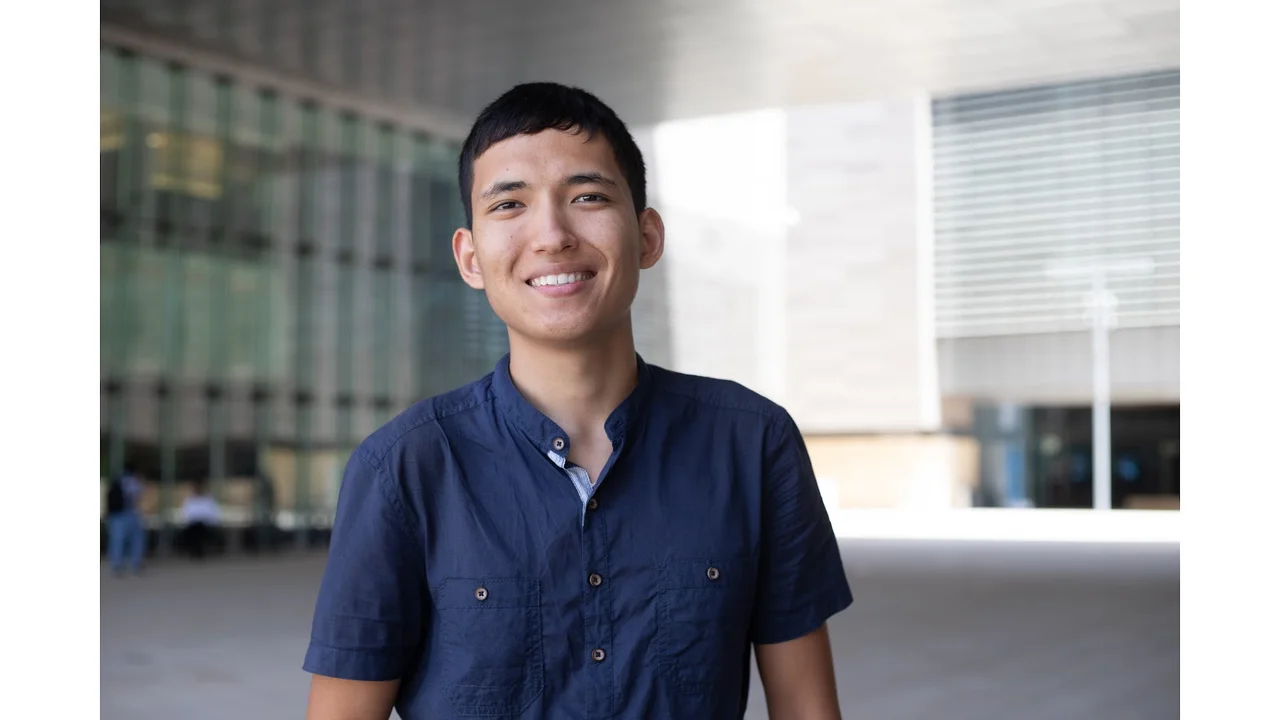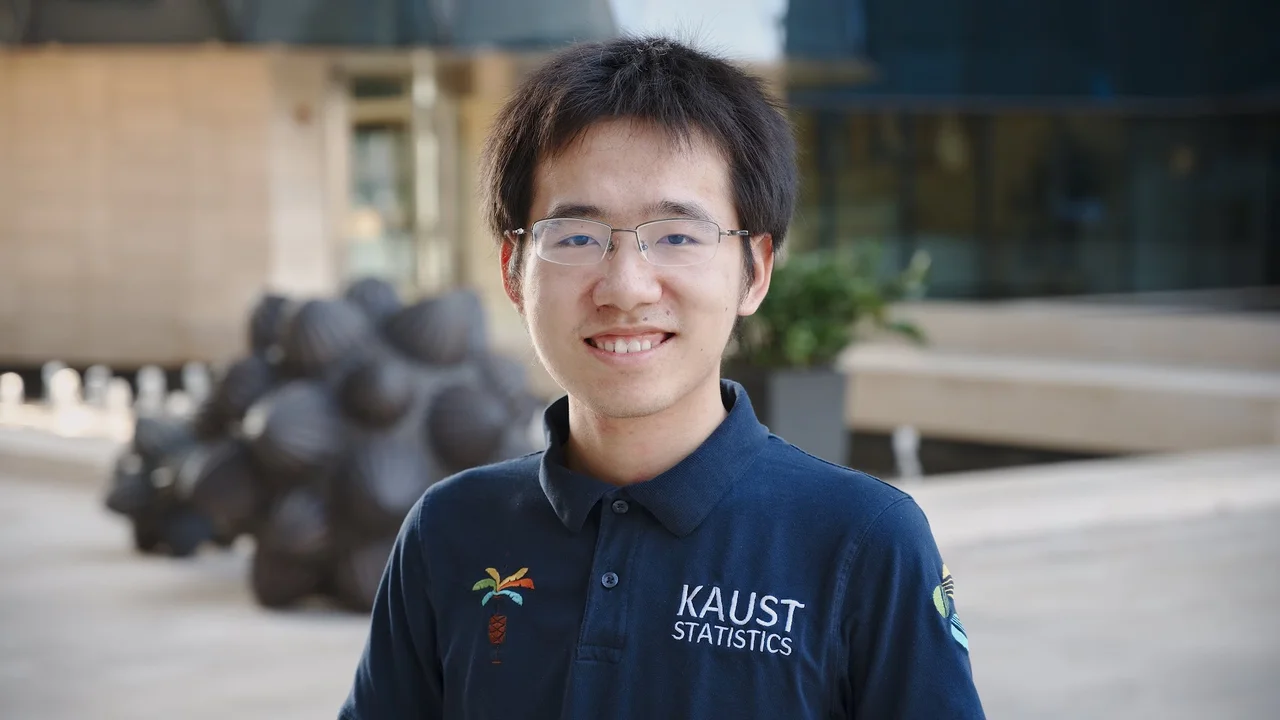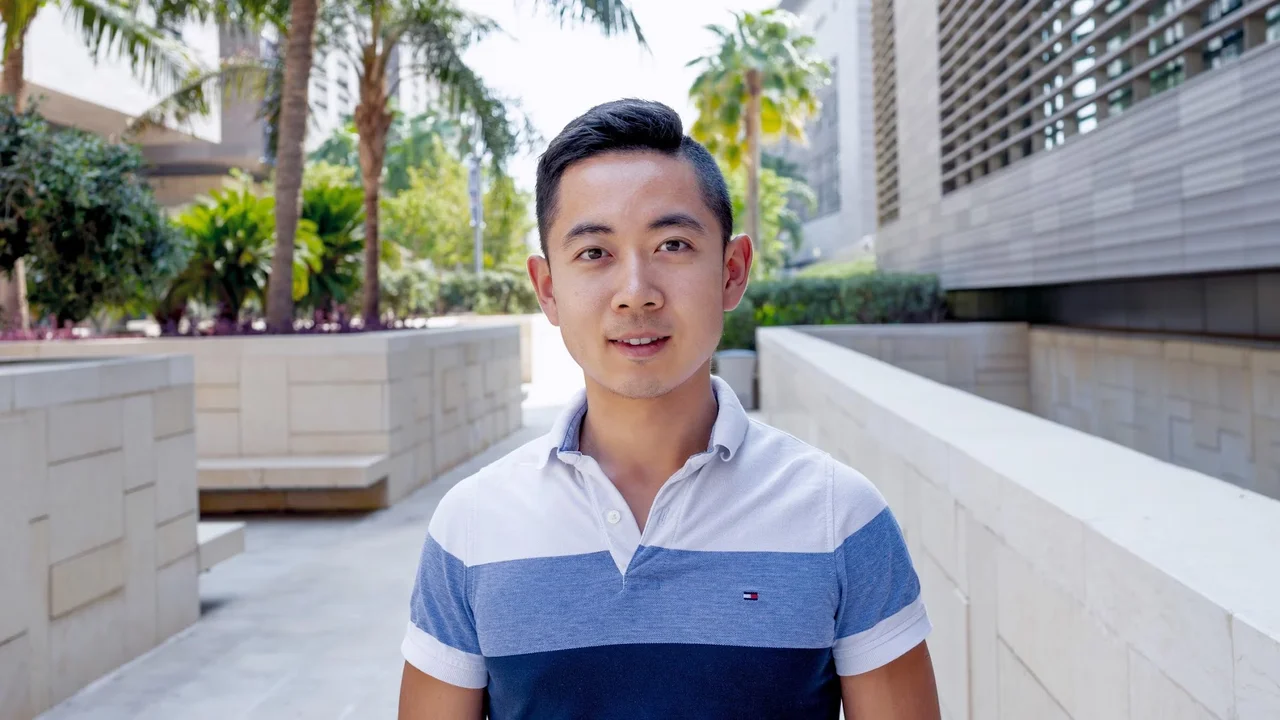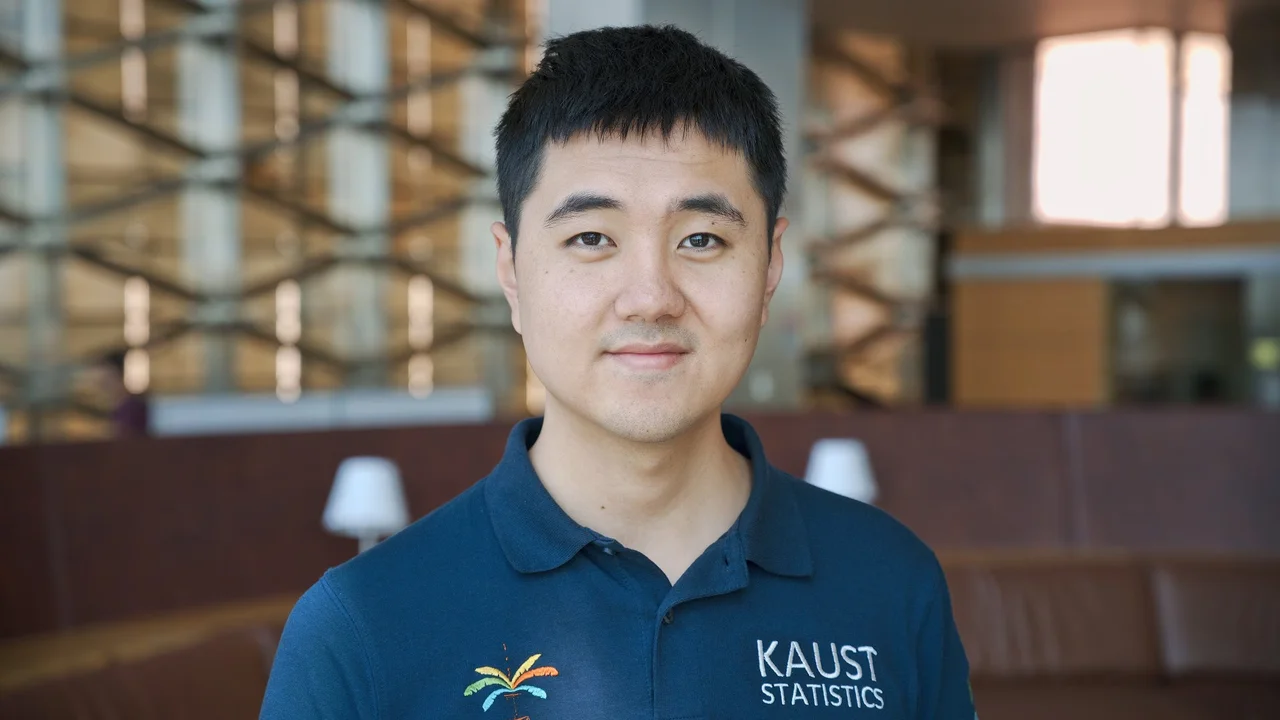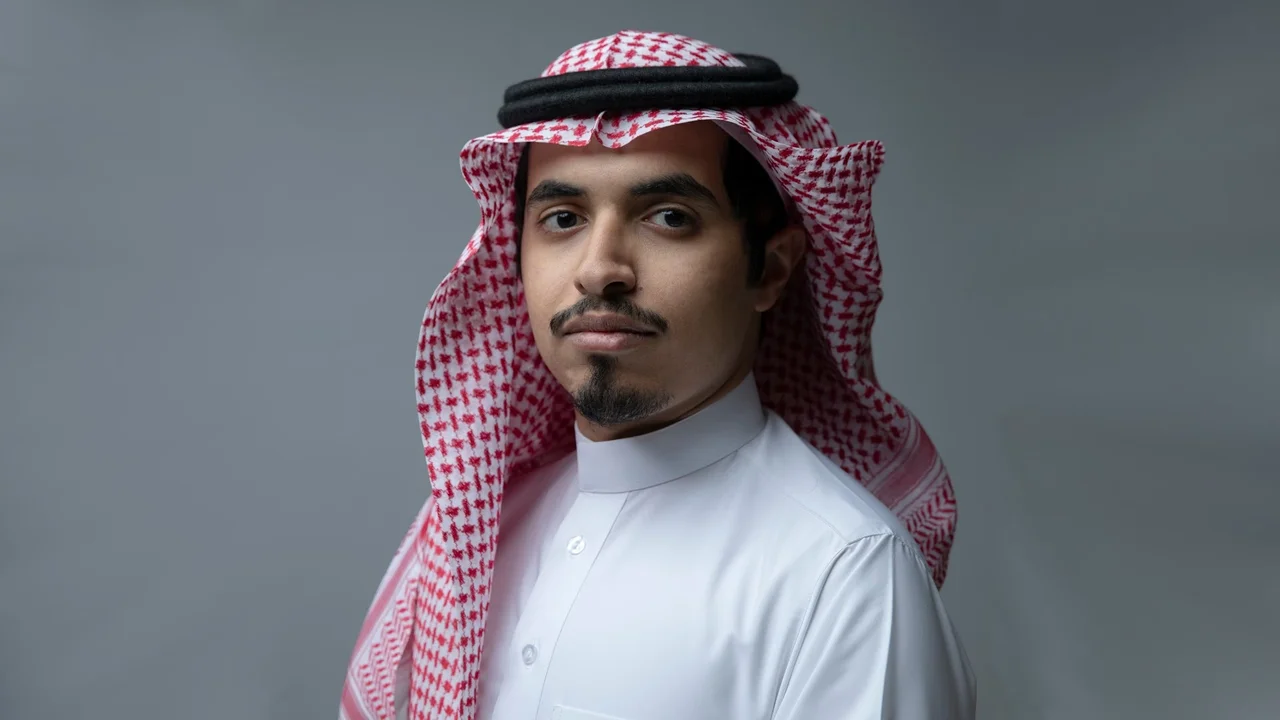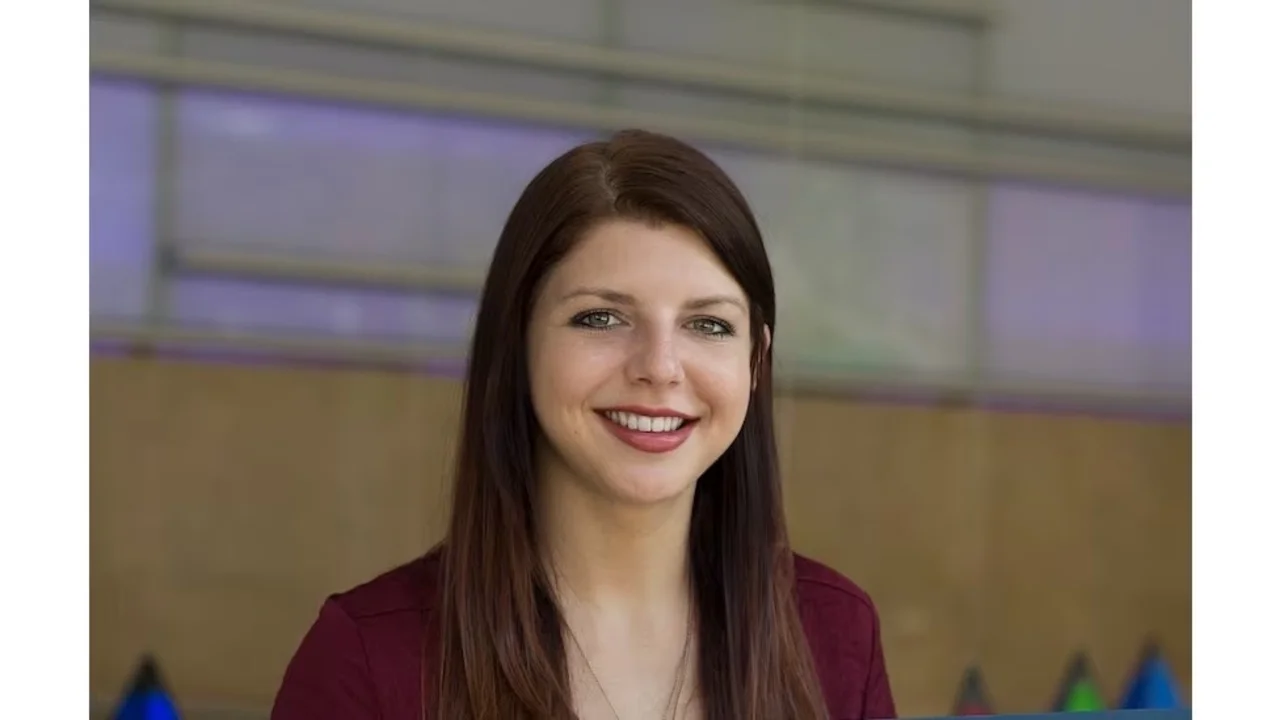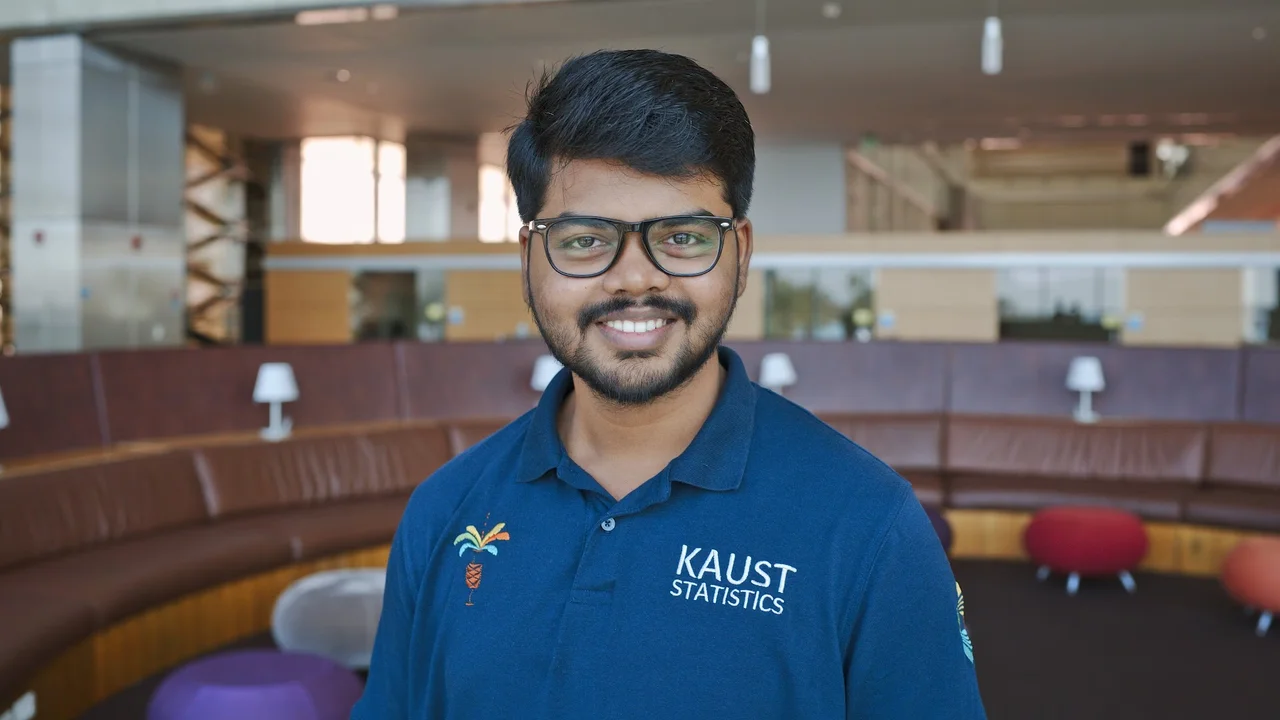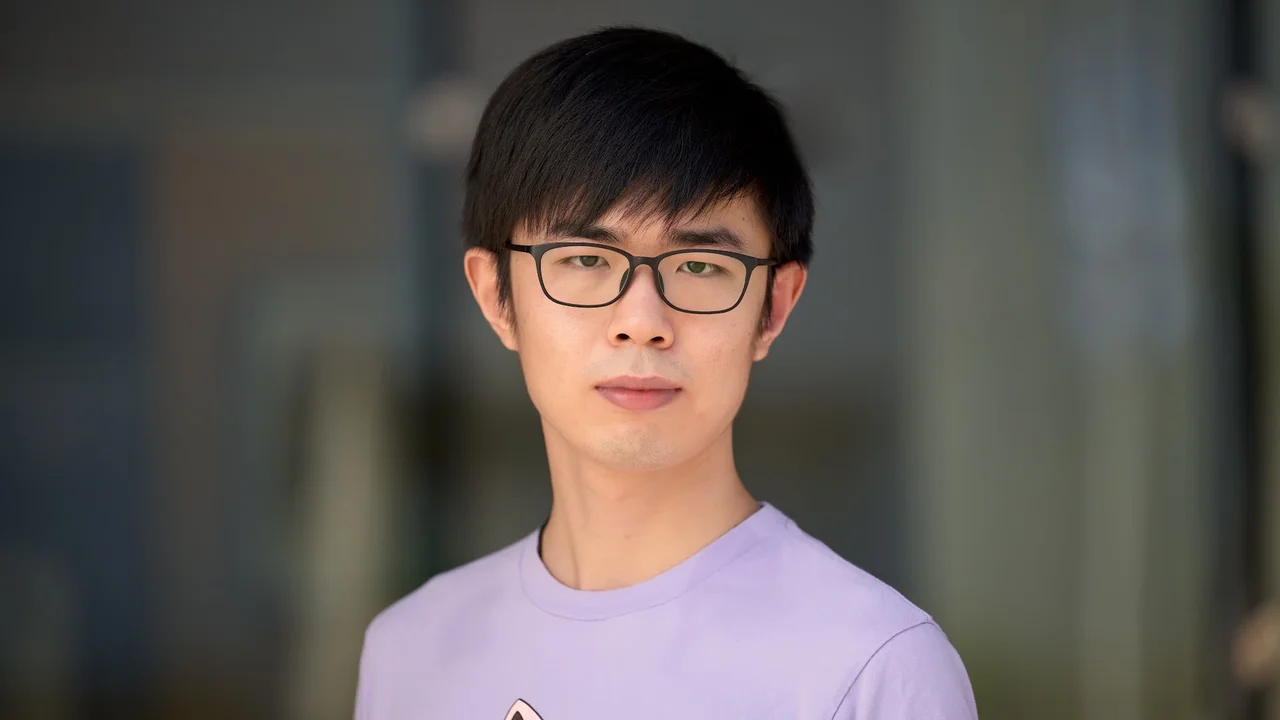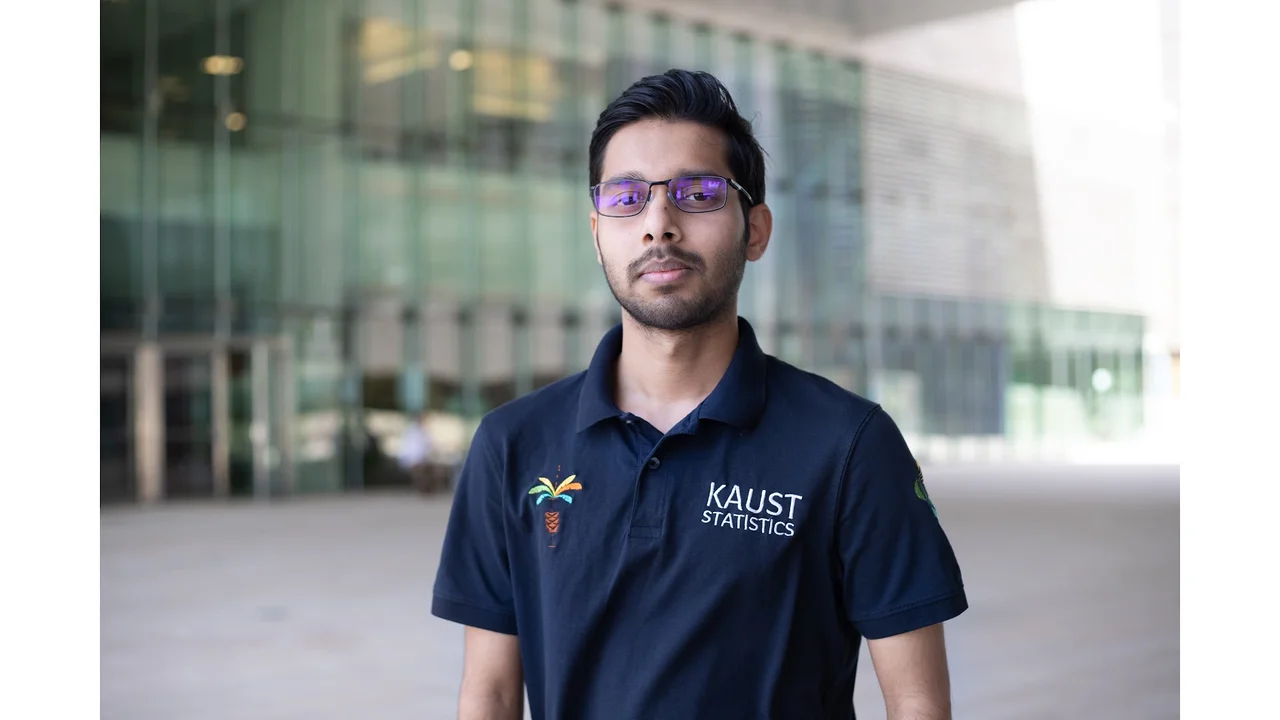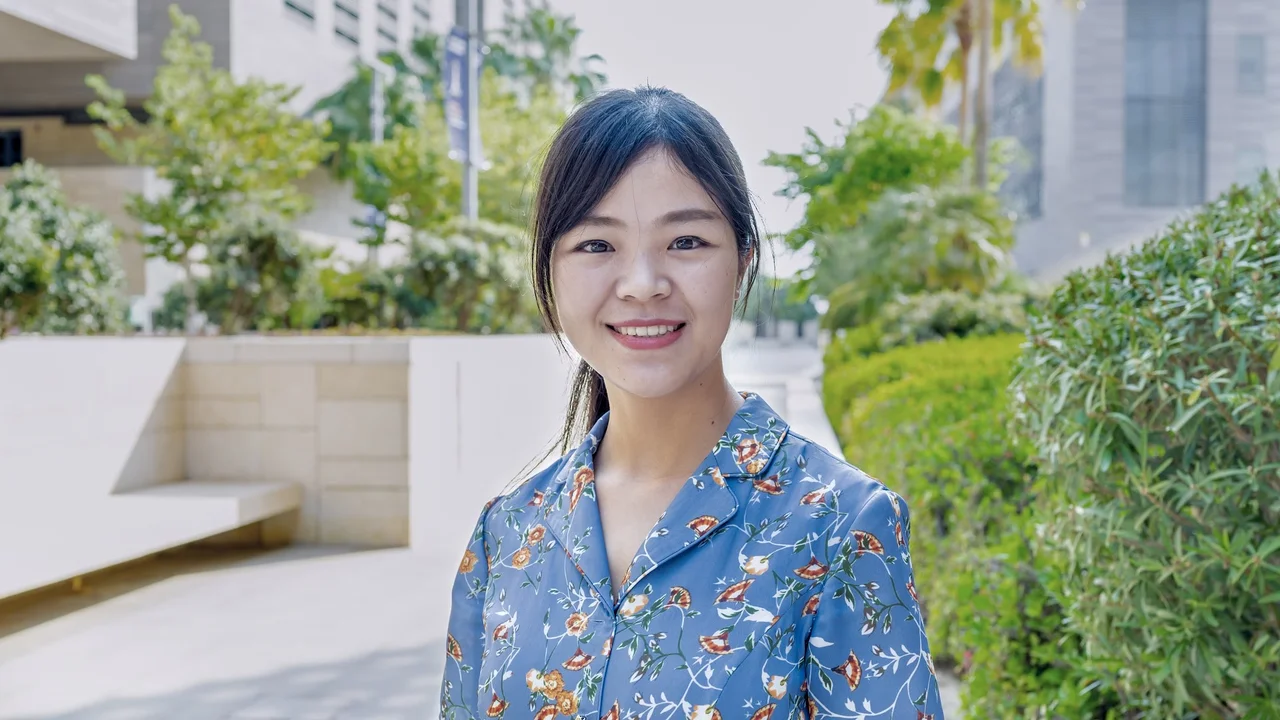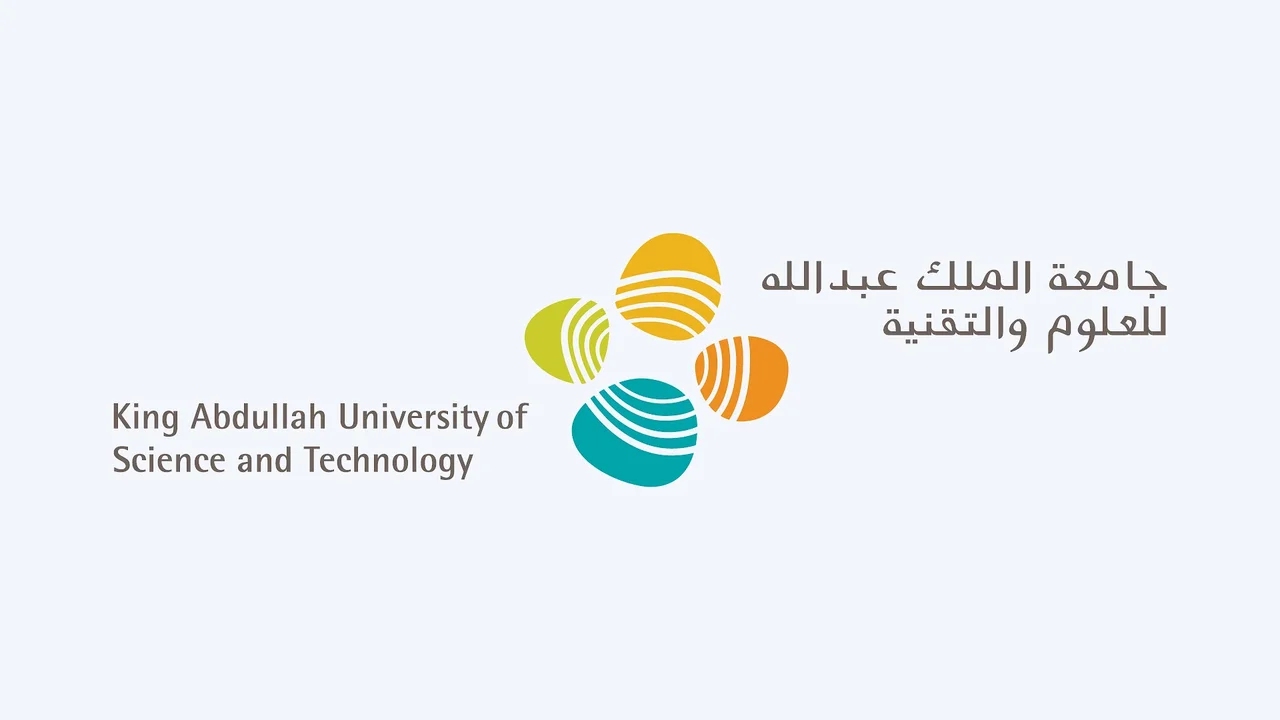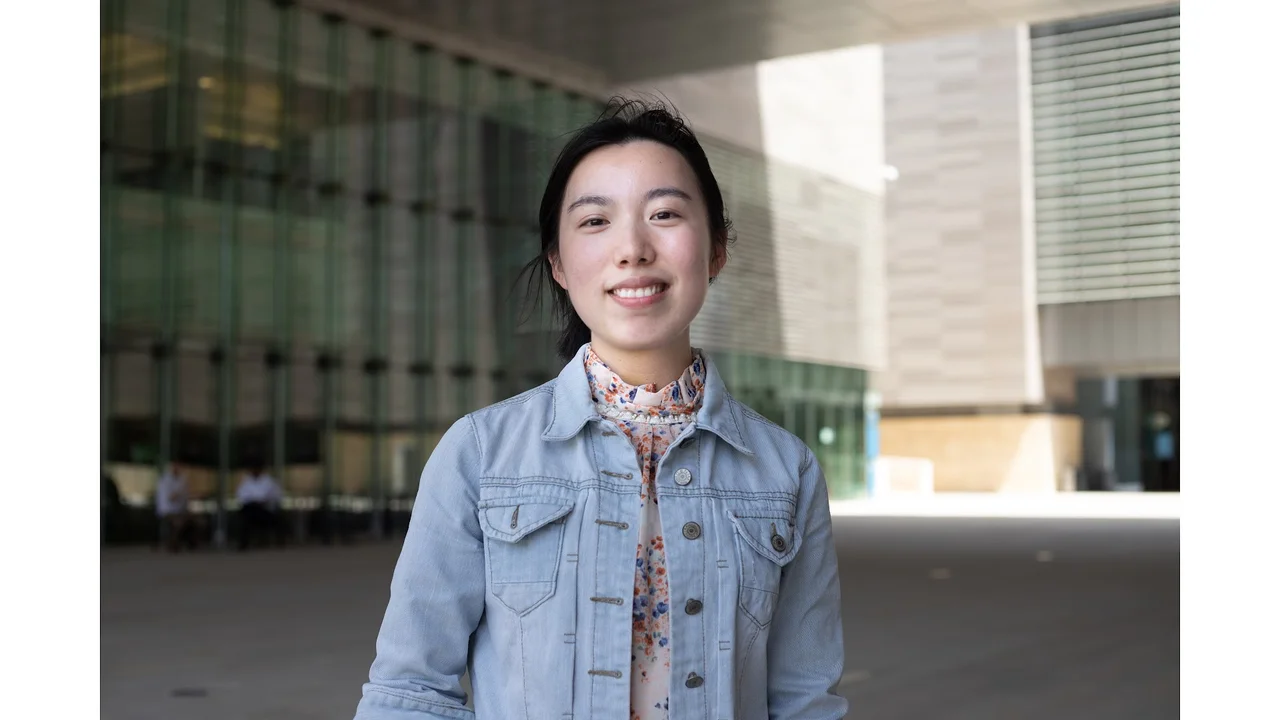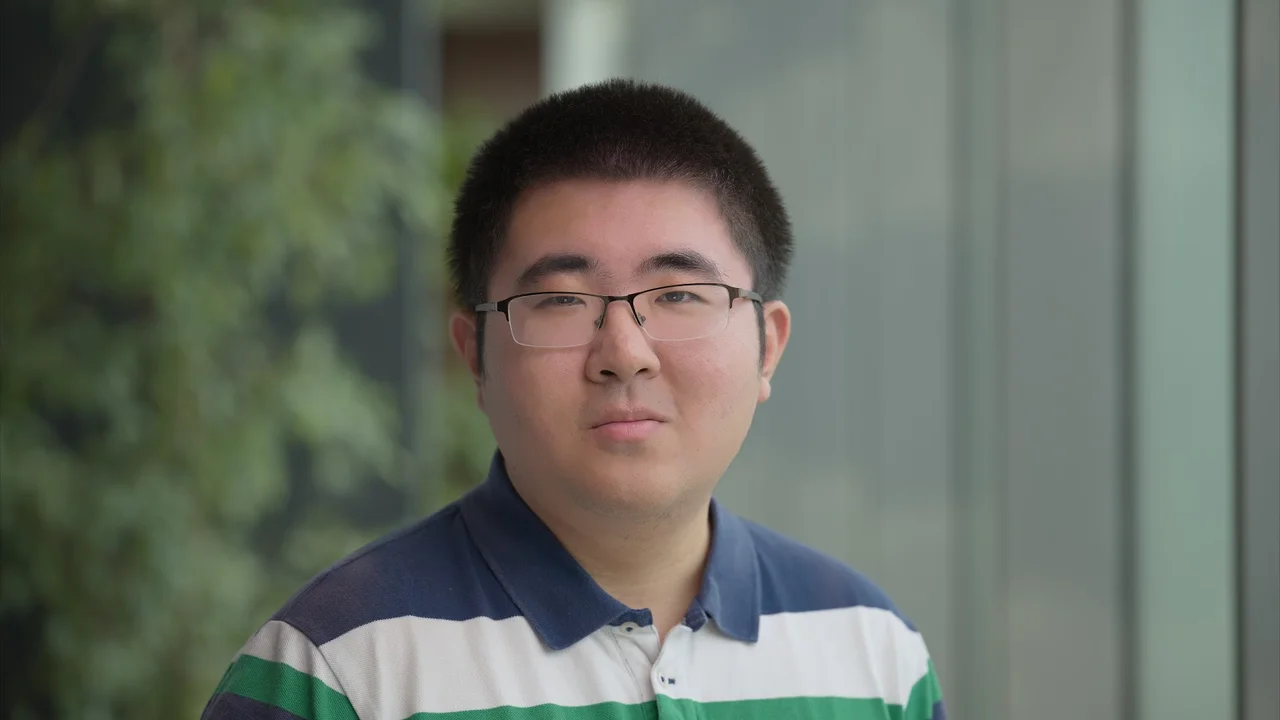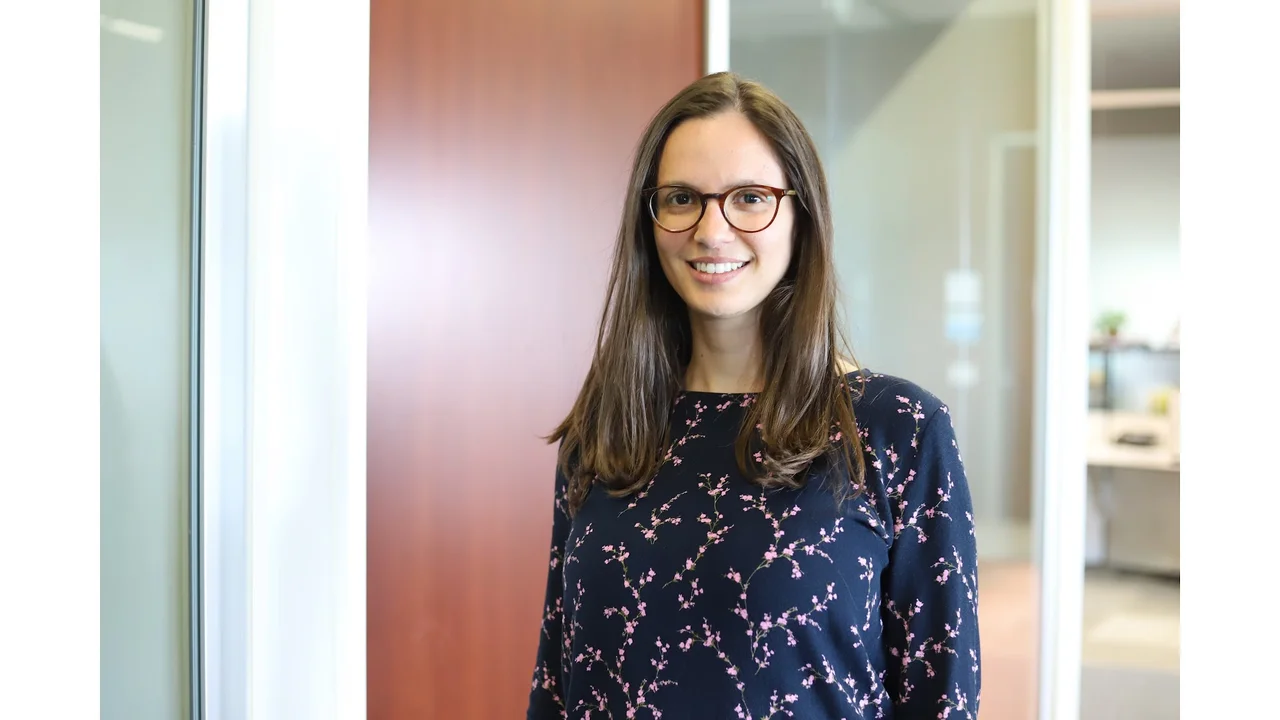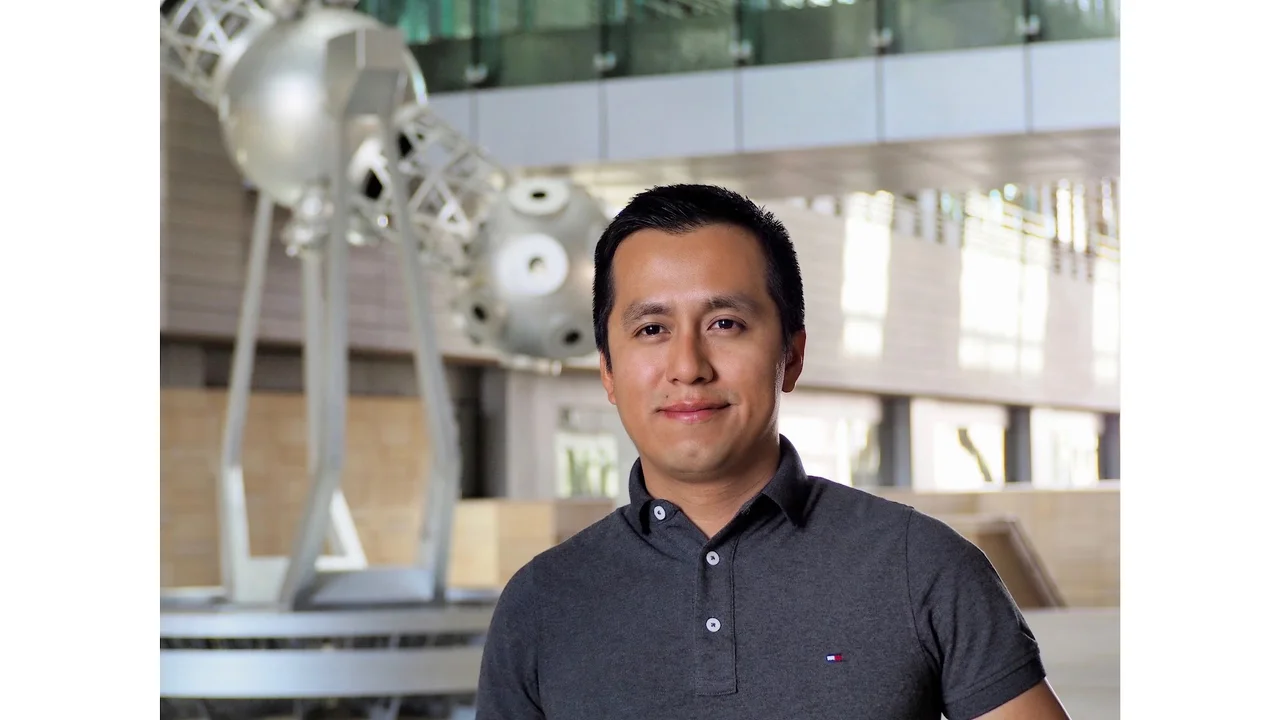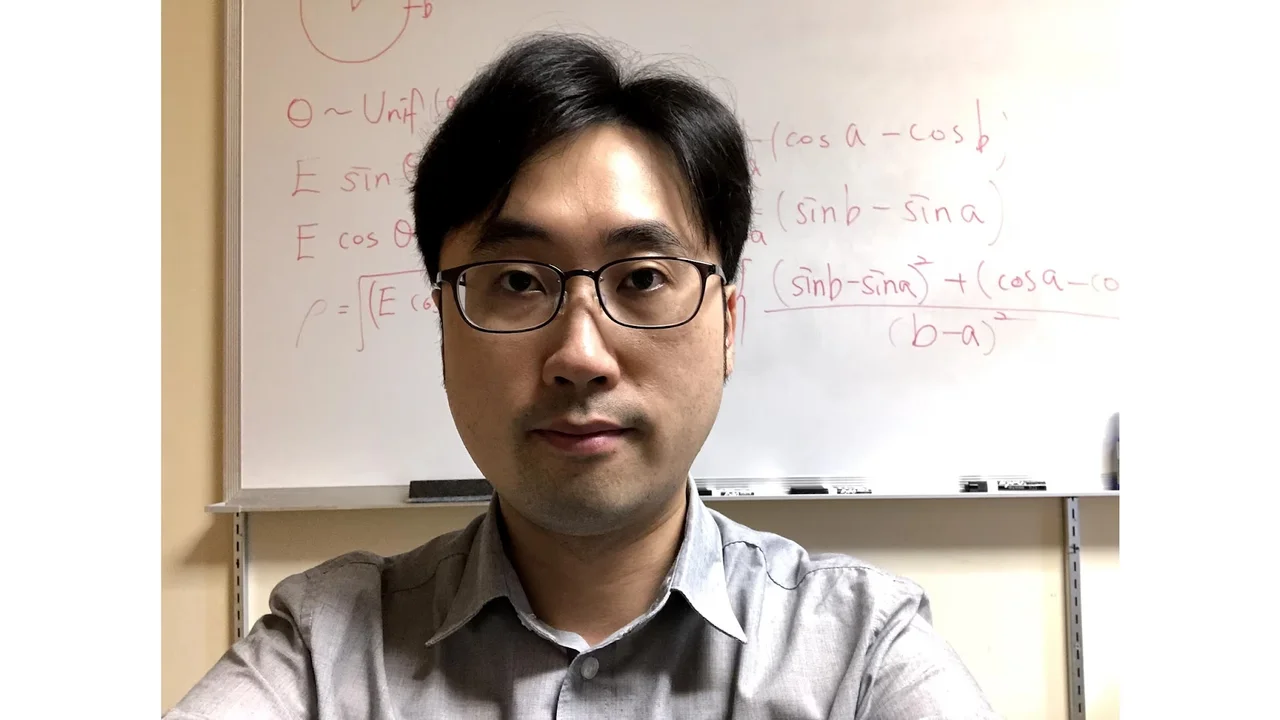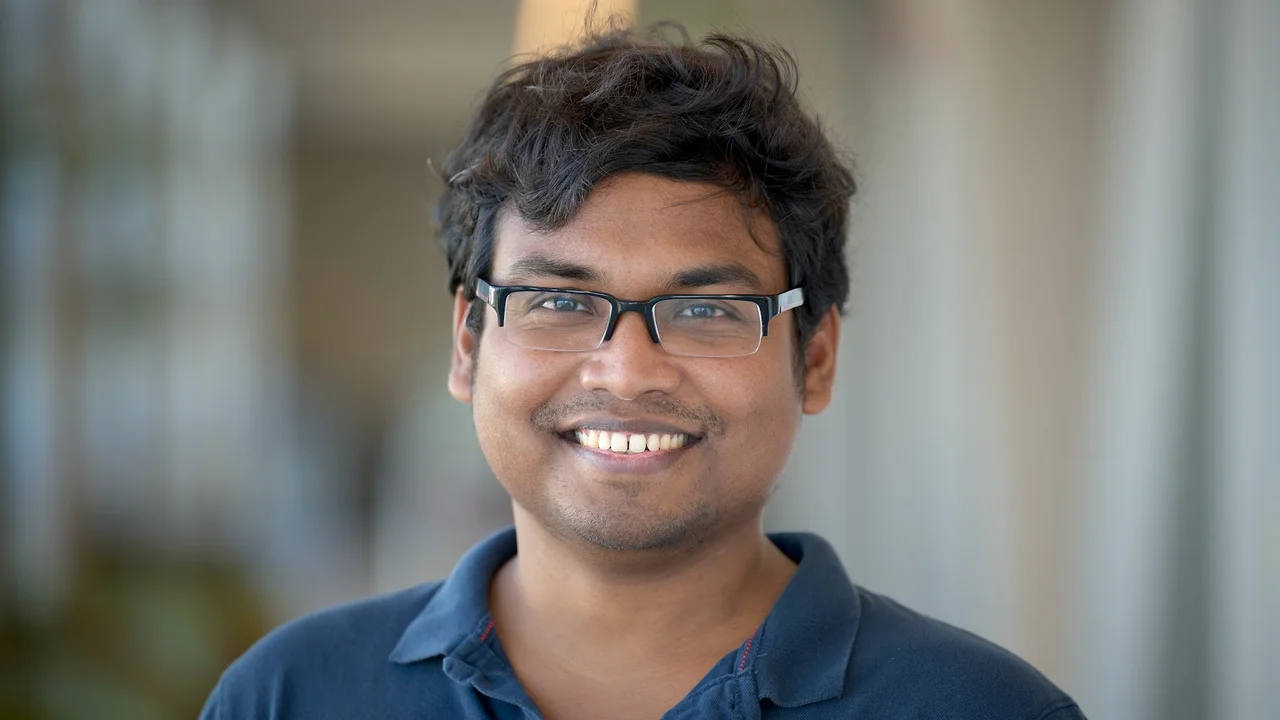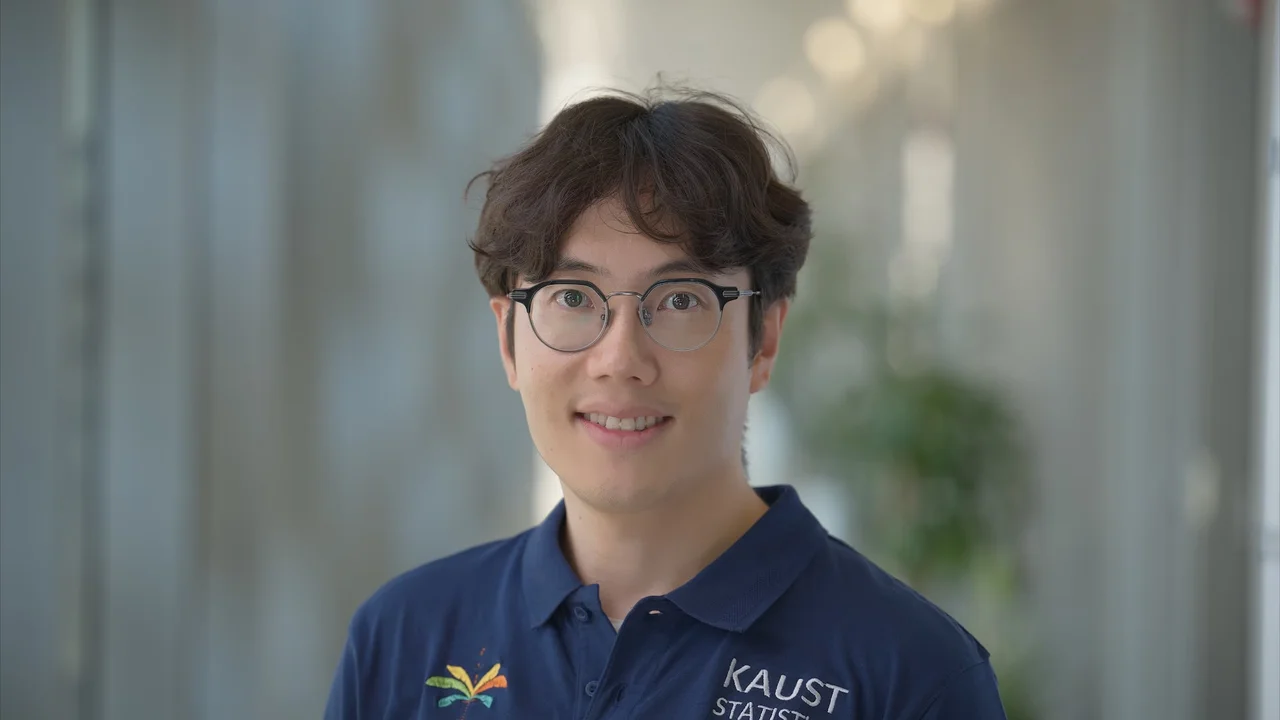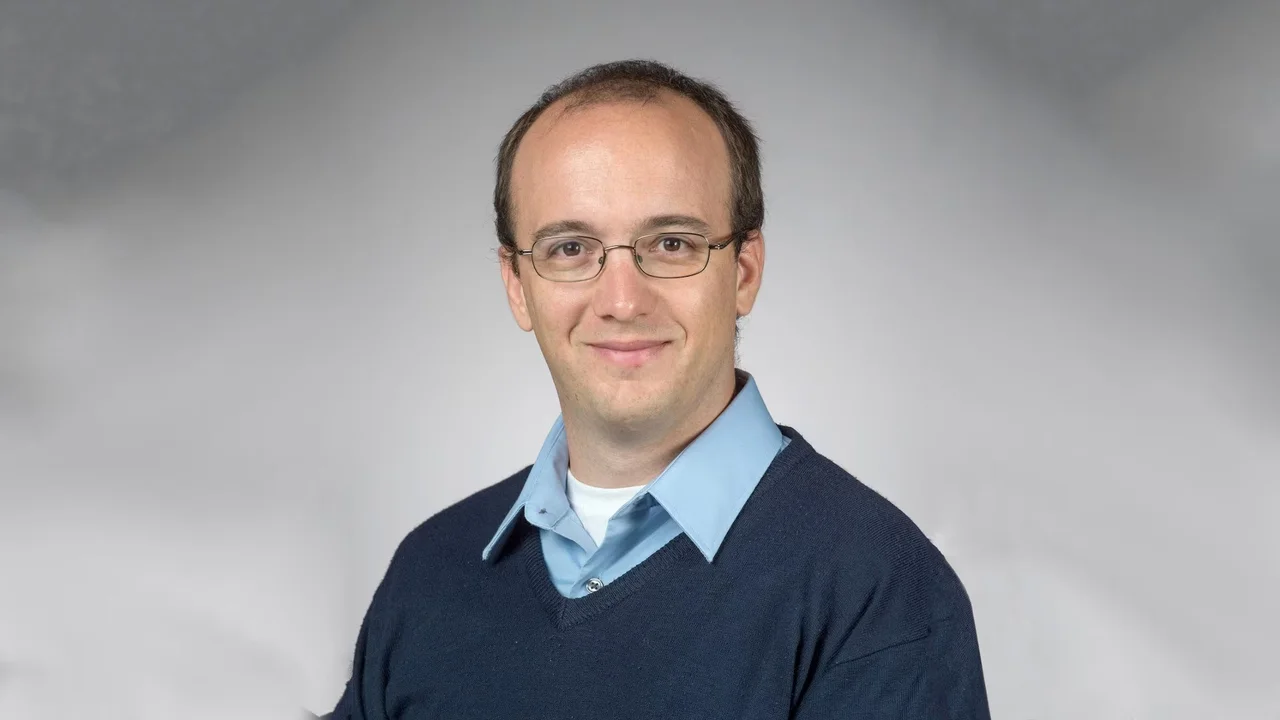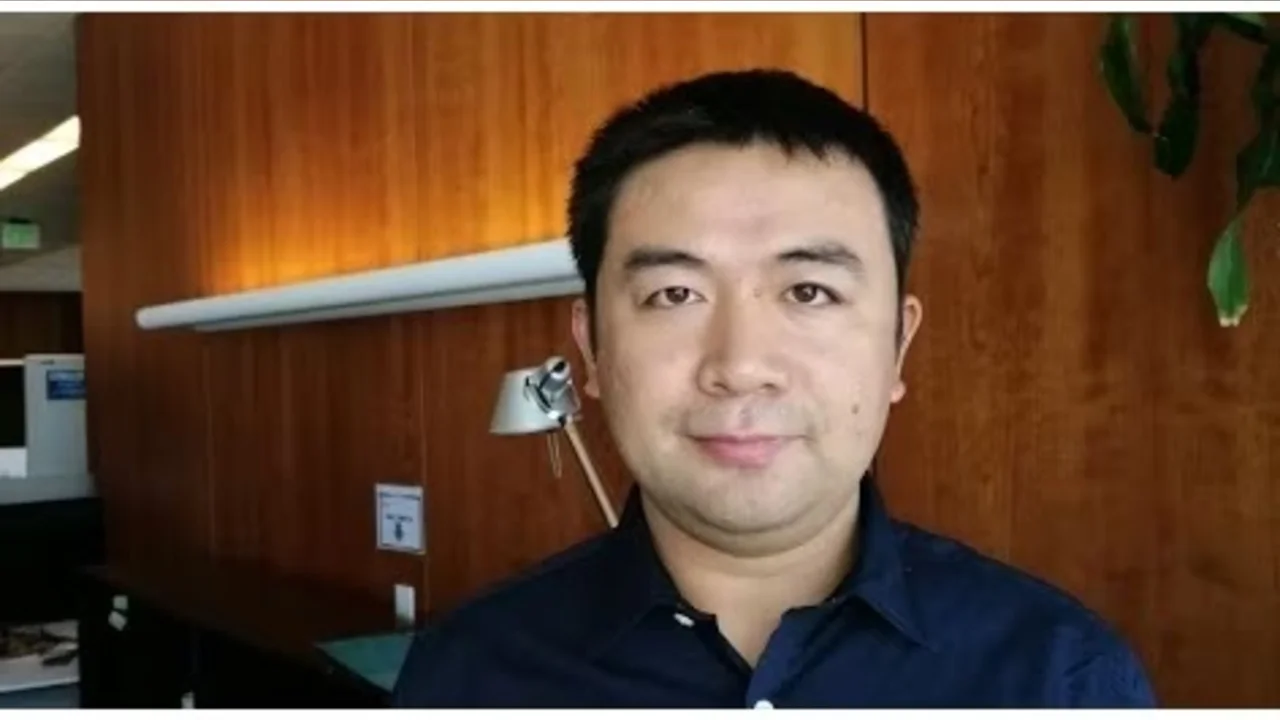Marc G. Genton
- Al-Khawarzmi Distinguished Professor, Statistics
Biography
Al-Khawarizmi Distinguished Professor of the KAUST Statistics Program, Marc G. Genton, is a specialist in spatial and spatio-temporal statistics with environmental applications. His work has revolutionized environmental data science, addressing large-scale problems involving spatial and temporal datasets. To emulate climate model outputs of more than one billion temperature data points, he developed 3-D space-time stochastic generators using spectral methods and fast Fourier transforms.
Genton is a fellow of the American Statistical Association, the Institute of Mathematical Statistics, the American Association for the Advancement of Science, and an elected member of the International Statistical Institute (ISI).
In 2010, he received the El-Shaarawi Award for Excellence from the International Environmetrics Society (TIES) and the Distinguished Achievement Award from the Section on Statistics and the Environment (ENVR) of the American Statistical Association (ASA). In 2017, he was honored with the Wilcoxon Award for Best Applications Paper in Technometrics. He received an ISI Service Award in 2019 and the Georges Matheron Lectureship Award in 2020 from the International Association for Mathematical Geosciences (IAMG).
He led a Gordon Bell Prize finalist team with the ExaGeoStat software at Supercomputing 2022. In 2023, he was awarded the Royal Statistical Society’s (RSS) Barnett Award for his outstanding contributions to environmental statistics. He also received the prestigious 2024 Don Owen Award from the San Antonio Chapter of the American Statistical Association and led a Gordon Bell Prize finalist team in Climate Modeling for the Exascale Climate Emulator at SC24.
In addition to authoring over 300 publications, Genton has edited a book on skew-elliptical distributions and their applications. He has given more than 400 presentations at conferences and universities worldwide.
Genton received his Ph.D. in statistics in 1996 from the Swiss Federal Institute of Technology Lausanne (EPFL), Switzerland. He also holds an M.S. degree in applied mathematics teaching, earned in 1994 from EPFL.
Before joining KAUST, he held prominent faculty positions at the Massachusetts Institute of Technology (MIT), North Carolina State University, the University of Geneva and Texas A&M University.
Research Interests
Professor Genton’s research centers around spatial and spatio-temporal statistics, including the statistical analysis, visualization, modeling, prediction and uncertainty quantification of spatio-temporal data. A wide range of applications can be found in environmental and climate science, renewable energies, geophysics and marine science.
Currently, he is developing high-performance computing tools for spatial statistics and expanding the capabilities of ExaGeoStat, the software developed by his Spatio-Temporal Statistics and Data Science (STSDS) research group and the Extreme Computing Research Center (ECRC).
An in-depth, five-year study of wind energy potential in Saudi Arabia, led by Genton, culminated in a comprehensive plan for developing the Kingdom's future wind energy strategy. With the help of apps and 3-D glasses, he has also demonstrated how virtual reality can help visualize environmental data on smartphones.
